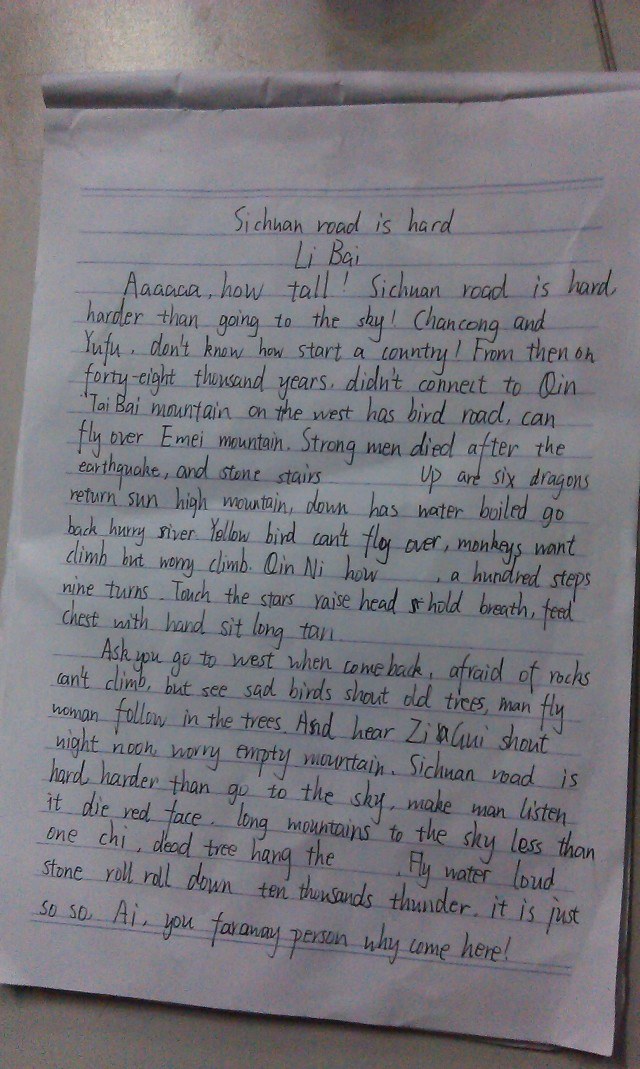Eskimo words for freedom
Under the heading Freedom 2014, "Whether it’s freedom from surveillance or freedom to be single, this spring the BBC is investigating what freedom means in the modern world". One of the BBC's own contributions to #Freedom2014 is a lovely addition to our No Word For X archive:
The Inuit language doesn't have a word for freedom, the closest is "annakpok" which means "not caught". #Freedom2014 pic.twitter.com/11vwveA9Ks
— BBC World Service (@bbcworldservice) April 1, 2014
I'll leave it to better-informed commenters to tell us how to express various concepts of freedom in Inuit — but my guess is that "not caught" is one of a number of perfectly reasonable Inuit phrases for various senses of English free. Certainly as hunter-gatherers in marginal terrain the Inuit must have experienced many kinds of freedom in their history — though perhaps they would echo what Matthew Arnold said about philistinism: "We have not the expression in English. Perhaps we have not the word because we have so much of the thing."
Read the rest of this entry »

